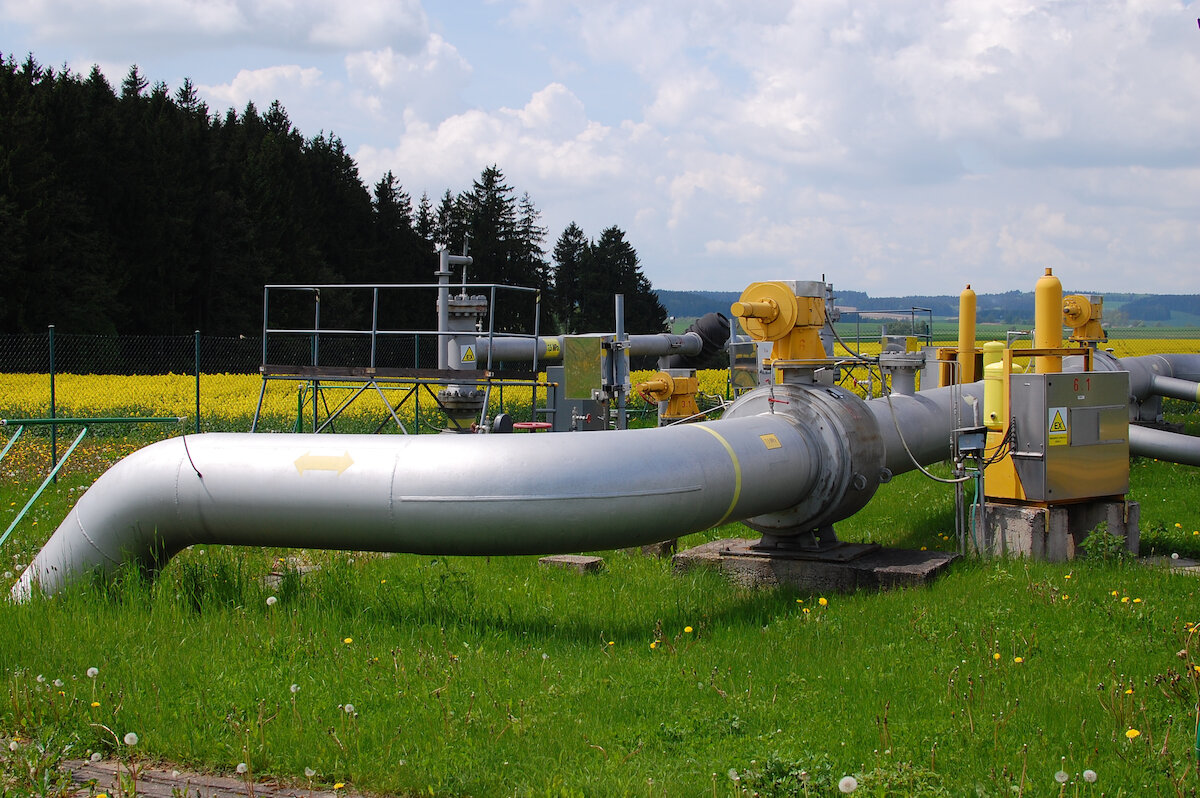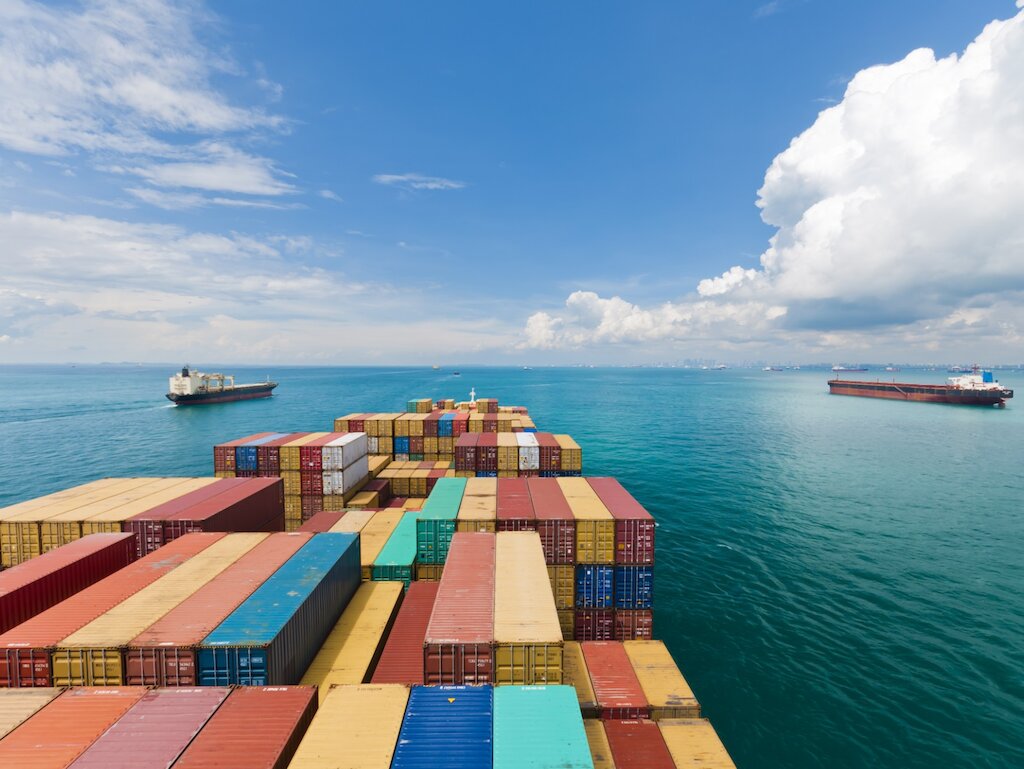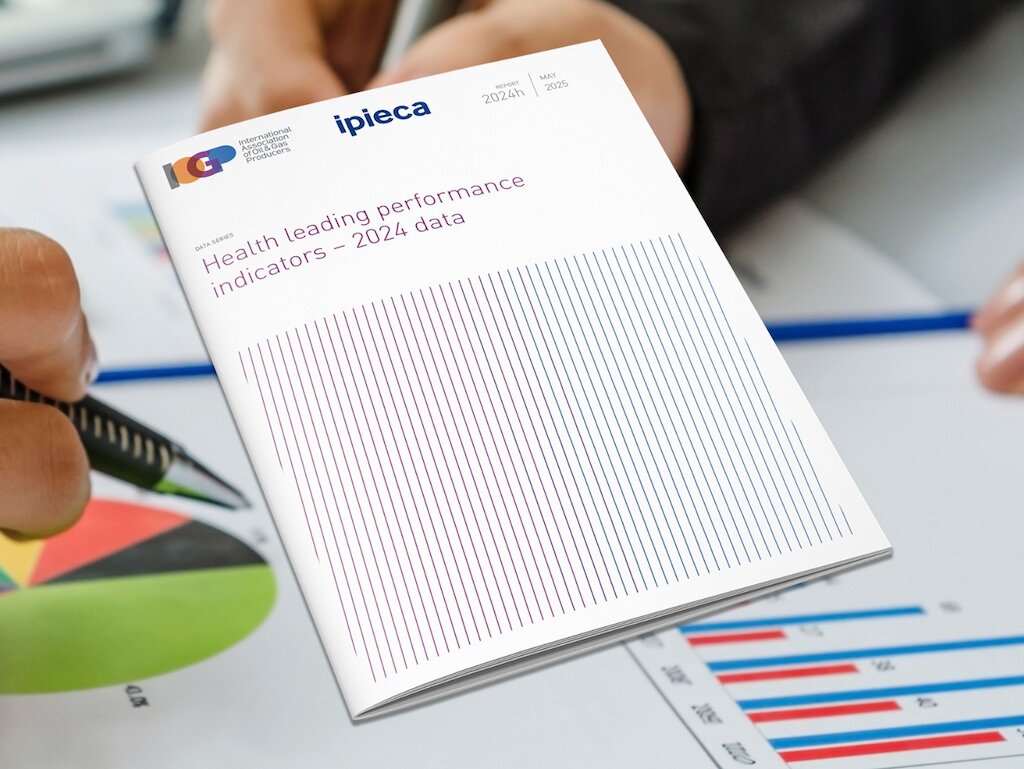Ipieca becomes an Associate Signatory to the Methane Guiding Principles, alongside the International Gas Union (IGU) and the International Association of Oil and Gas Producers (IOGP), to increase focus on reducing methane emissions across the natural gas value chain.
While the three global associations do not have a mandate to enjoin their members, as Associate Signatories they will play an important role in encouraging the application of the Guiding Principles.
This commitment forms part of wider efforts by the global energy industry to ensure that natural gas continues to play a critical role in helping meet future energy demand while tackling climate change and improving air quality. Since natural gas consists mainly of methane, a potent greenhouse gas, its role in the transition to a low-carbon future will be influenced by the extent to which methane emissions are reduced.
'Numerous scientific studies have shown how important it is to quickly reduce methane emissions so we can meet growing demand for natural gas while achieving climate change and clean air goals,' said Mark Radka, Head of UN Environment's Energy and Climate Branch. 'We're delighted that the IGU, Ipieca and the IOGP have become Associate Signatories to the Methane Guiding Principles. These organisations can help extend the spirit and intent of the Principle throughout the natural gas value chain and report on the reductions achieved.'
The Guiding Principles focus on: continually reducing methane emissions; advancing strong performance across gas value chains; improving accuracy of methane emissions data; advocating sound policies and regulations on methane emissions; and increasing transparency.
Brian Sullivan, Executive Director of Ipieca stated that 'Contributing as an associate signatory to the Methane Guiding Principles is a natural extension to our long history of work with our members and our stakeholders on climate change and methane. We will add value through our broad global membership to raise awareness, share knowledge and encourage uptake of good practices to address this important element in the pathway to a low emissions future.'
To date, 11 companies have signed the Principles: BP, Eni, ExxonMobil, Gazprom, Qatar Petroleum, Repsol, Shell, Statoil, Total, Wintershall and Woodside.
The Guiding Principles were developed with a coalition of international institutions, non-governmental organizations and academics, including the Environmental Defense Fund, the International Energy Agency, the Oil and Gas Climate Initiative Climate Investments, the Rocky Mountain Institute, the Sustainable Gas Institute, The Energy and Resources Institute, and United Nations Environment.
About The International Gas Union (IGU)
The International Gas Union (IGU) was founded in 1931 and is a worldwide non-profit organisation aimed at promoting the political, technical and economic progress of the gas industry. The Union has more than 150 members worldwide on all continents, representing approximately 97% of the world gas market. The members of the IGU are national associations and corporations within the gas industry worldwide. The IGU organises the World Gas Conference (WGC) every three years, with the forthcoming WGC taking place in Washington, D.C., United States, in June 2018. The IGU's working organisation covers all aspects of the gas industry from exploration and production, storage, LNG, distribution and natural gas utilisation in all market segments. www.igu.org
About IOGP
The International Association of Oil & Gas Producers (IOGP) is the voice of the global upstream industry. Oil and gas continue to provide a significant proportion of the world's energy to meet growing demands for heat, light and transport. IOGP Members produce 40% of the world's oil and gas. They operate in all producing regions: The Americas, Africa, Europe, the Middle East, the Caspian, Asia and Australia. IOGP serves industry regulators as a global partner for improving safety, environmental and social performance. IOGP also acts as a uniquely upstream forum in which members identify and share knowledge and good practices to achieve improvements in health, safety, the environment, security and social responsibility. www.iogp.org




